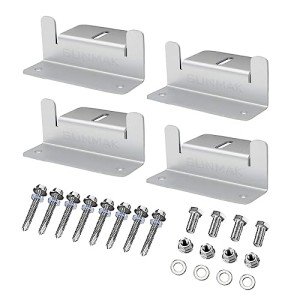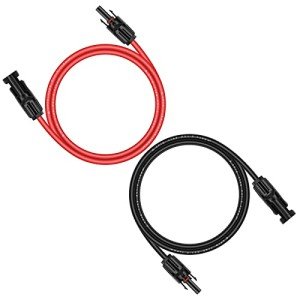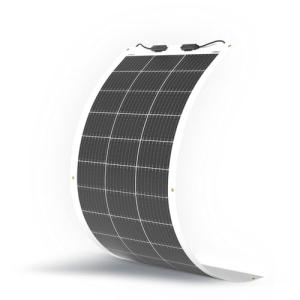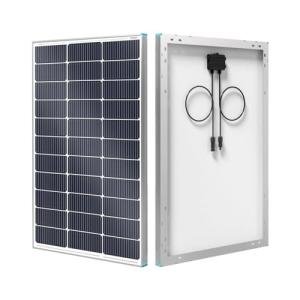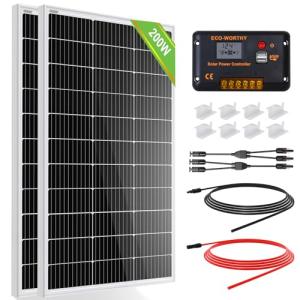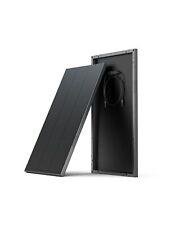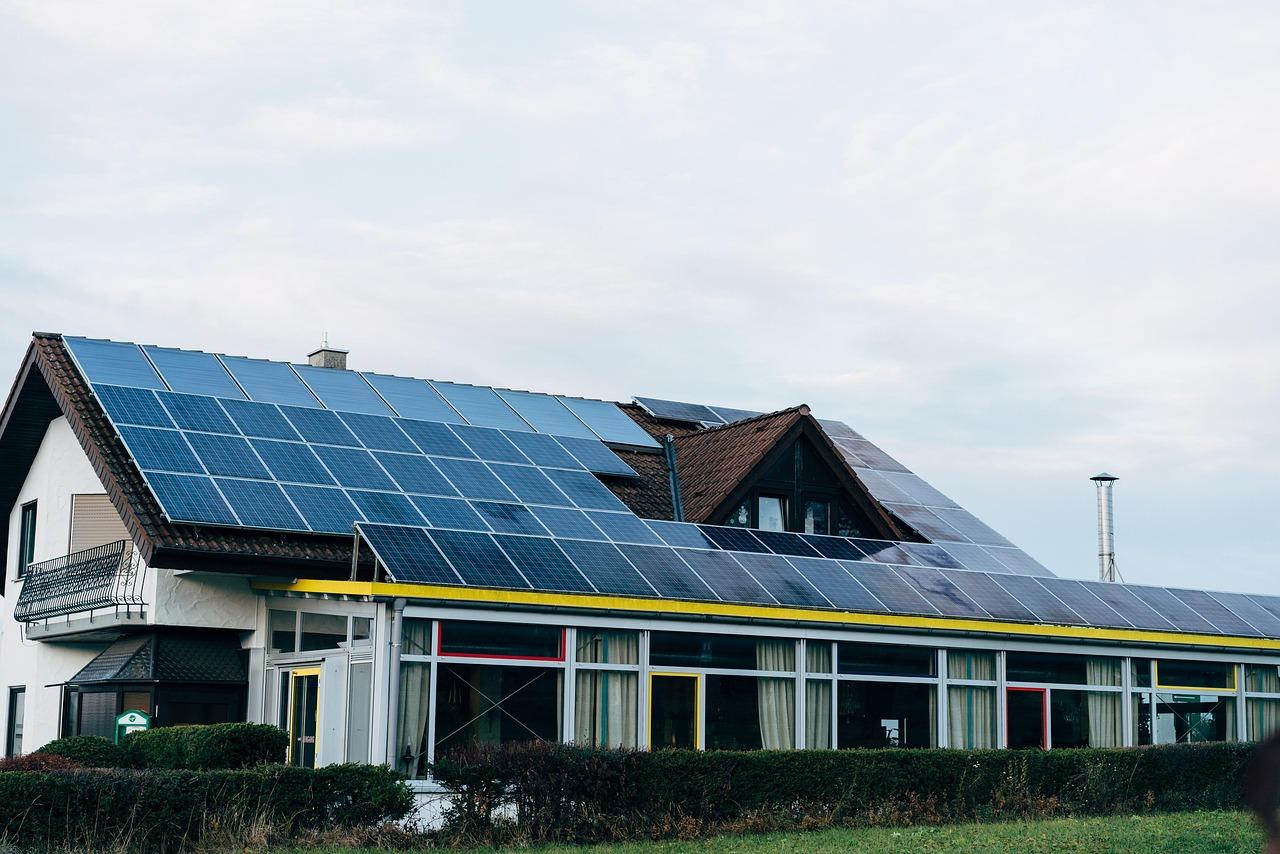When it comes to understanding solar panel cost, several factors come into play. It’s not just about picking a panel and slapping it on your roof. You’ve got to think about a few key things that can really shape how much you’ll spend.
First up, the type of solar panels you choose matters a lot. There are different kinds out there, like monocrystalline, polycrystalline, and thin-film panels. Monocrystalline usually comes with a higher price tag because they’re super efficient and space-saving. On the other hand, polycrystalline panels offer a more budget-friendly option but may take up a bit more room. If you’re tight on space, you might want to splurge on the more efficient ones.
Next, installation costs can vary quite a bit. Sometimes, local companies offer competitive prices, and shopping around can really pay off. Consider what’s included in the installation package too. Is it just the installation, or does it come with maintenance and warranties? Those extras can bump up the solar panel cost, but they may be worth it in the long run.
And let’s not forget about your location. If you live in an area with lots of sunshine, you can maximize your investment. Areas with incentives or tax credits for solar energy can also lower your overall costs. It’s worth checking local policies that could help cut down or even eliminate some of those expenses.
The size of your system plays a big role, too. More panels mean a higher upfront cost, but they can lead to bigger savings on your energy bill over time. Think about how much energy you use and plan accordingly. After all, solar panel cost is an important part of making an eco-friendly investment that fits your budget.
Breakdown of Installation Costs
When you start looking into solar panels, a big question pops up: what’s the Solar Panel Cost going to be? Well, it’s a mix of several factors, and breaking it down can help you budget better.
First off, you’ve got the equipment costs. This includes the solar panels themselves, inverters, and any other necessary hardware. Depending on the brand and quality, this can range widely. Some panels are more efficient but might cost a bit more. It’s smart to research different options to find what fits your needs and budget best.
Then, there are installation fees. Hiring a professional ensures your system runs efficiently and safely. Installation prices usually consist of labor costs and any additional materials needed. These can add a nice chunk to the overall Solar Panel Cost, so definitely get a few quotes before you commit.
Don’t forget about permits and inspection fees! Depending on where you live, you might need permits before installing your solar panels, along with inspections to make sure everything’s up to code. These costs can sneak up on you, so it’s wise to factor them in when planning your budget.
Lastly, think about maintenance and possible repairs down the line. While solar panels are generally low-maintenance, you may want to budget for occasional checks or repairs. Knowing these costs ahead of time can help you avoid surprises and ensures your solar journey is as smooth as possible!
SUNMAK Solar Panel Z Brackets for Off-Grid Use
Install your solar panels easily and securely with these durable Z brackets designed for off-grid setups
Product information
€17.04
Product Review Score
4.37 out of 5 stars
209 reviewsProduct links
Long Term Savings with Solar Panels
When you think about Solar Panel Cost, it's easy to feel a bit overwhelmed. But let's break it down. The real magic of solar panels happens in the long term. Sure, the upfront installation might seem pricey, but hang tight—there’s a good chance you’ll see those costs pay off big time.
First off, think about your electricity bill. With solar panels, you can generate your own power. That means less reliance on your utility company and those monthly bills. Many homeowners end up saving hundreds, if not thousands, of dollars over the years. If you’ve ever cringed at your electric bill, imagine slicing that amount down with solar energy!
Don’t forget the tax incentives and rebates often available for installing solar panels. Many places offer significant deductions to help offset your Solar Panel Cost. These incentives can dramatically reduce your overall investment, making solar power a smart financial choice.
Plus, as energy prices continue to rise, locking in your energy costs with solar is like getting a discount for the next 25 years or more. That stability in cost is something you can feel good about, especially when prices climb each year. It's peace of mind in a world that often feels unpredictable.
Lastly, solar panels can boost your home’s value. Yes, you read that right! More and more buyers are looking for energy-efficient homes. When you install solar panels, you're not just saving money; you're also making your home more attractive to future buyers. So, investing in solar panels can be both a smart financial move and a great way to improve your property's appeal.
iGreely 1 Pair 6.5 ft MC4 Solar Cable Set
Easily connect your solar panels with this durable and weather-resistant cable set
Product information
€14.37
Product Review Score
4.69 out of 5 stars
197 reviewsProduct links
Financing Options to Consider
Thinking about solar panels but worried about the upfront costs? You're not alone! Understanding solar panel cost can feel overwhelming, but there are plenty of financing options to help you out. Let’s break down some choices that can make going solar easier on your wallet.
One popular option is a solar loan. This allows you to borrow money specifically for your solar panels, making it easier to spread the payments over time. Most loans come with fixed interest rates, so you’ll know exactly what you’re paying every month. This way, you can start saving on your electricity bill right away while paying off your system at the same time.
If you don’t want to deal with a loan, consider a solar lease. With this option, you essentially rent the solar panels from a company. You get all the benefits of using clean energy while making smaller monthly payments, typically lower than your current electricity bill. This option is great for those who prefer a hassle-free way to go solar without the hefty initial outlay.
Don’t forget about power purchase agreements (PPAs). With a PPA, a solar company installs the system on your roof, and you agree to buy the electricity it generates at a fixed rate. This means no upfront costs and predictable energy rates. It’s a simple way to go solar without any big leaps in spending.
Lastly, check for federal and state incentives. Many places offer rebates or tax credits that can significantly lower your solar panel cost. Make sure to research these options because they can really help sweeten the deal when you're ready to make the switch.

